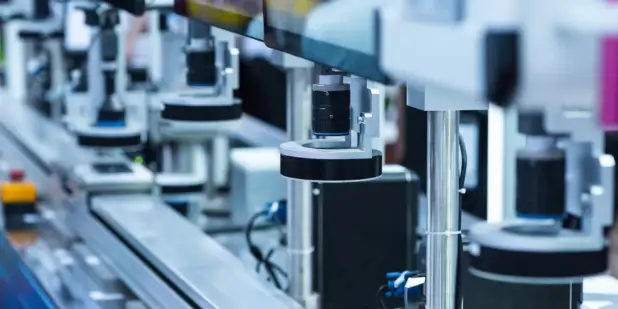The Rossakkreditatsia and other EAEU authorities intend to conduct a more detailed examination of annual inspection controls.
An annual inspection control for the EAC certification is generally carried out for certified machines, plants, and equipment.
The regular inspection controls are a mandatory measure for maintaining EAC certification for the Eurasian Economic Union (EAEU states).
Inspection Control for EAC Certification
The mandatory inspection controls for maintaining EAC certification relate to the regular verification of facilities, machines, vehicles, or other technical devices to ensure their safety, functionality, and compliance with legal requirements of TR CU/EAEU guidelines.
These EAC inspections are legally mandated and are conducted to minimize risks, prevent failures, and extend the lifespan of equipment, facilities, and apparatus.
Here are some examples where annual inspection controls are required:
1. Vehicles and auto parts: The EAC inspection control is mandated according to TR CU 018/2011 for all certified products in the EAEU states.
2. Machines and industrial plants: In industrial sectors, certified machines and plants must undergo regular inspection control according to TR CU 010/2011.
3. Elevators: Elevators in public buildings must be inspected annually according to TR CU 011/2011 to ensure user safety.
The annual inspection control is carried out by qualified experts or accredited inspection organizations. The results of the EAC inspection are documented, and corrective actions are initiated if necessary.
Control by EAEU Authorities
Since May 2, 2024, intensified controls of the implementation of annual EAC inspection controls are being conducted by Rossakkreditatsia and other EAEU regulatory authorities.
Examination reports, EAC certificates, operational documents, and contracts with the regulatory authorities are being reviewed. Furthermore, the production facilities are inspected during site visits.
It has been announced on the official websites of Rossakkreditatsia and other EAEU regulatory authorities that the regulatory authorities in the industrial sector are planning additional examination measures.
The EAEU regulatory authorities plan additional inspections for 20,000 EAC certificates, including certificates for electrical industrial facilities, explosion-proof equipment, and fire protection equipment.
Violations during Inspection Controls
The most common violations during inspection controls are errors in customs declarations and customs clearance of samples for EAC certifications.
In the event of violations of applicable regulations, the EAC approvals are suspended within 24 hours. This prevents the sale of incorrectly certified goods.


